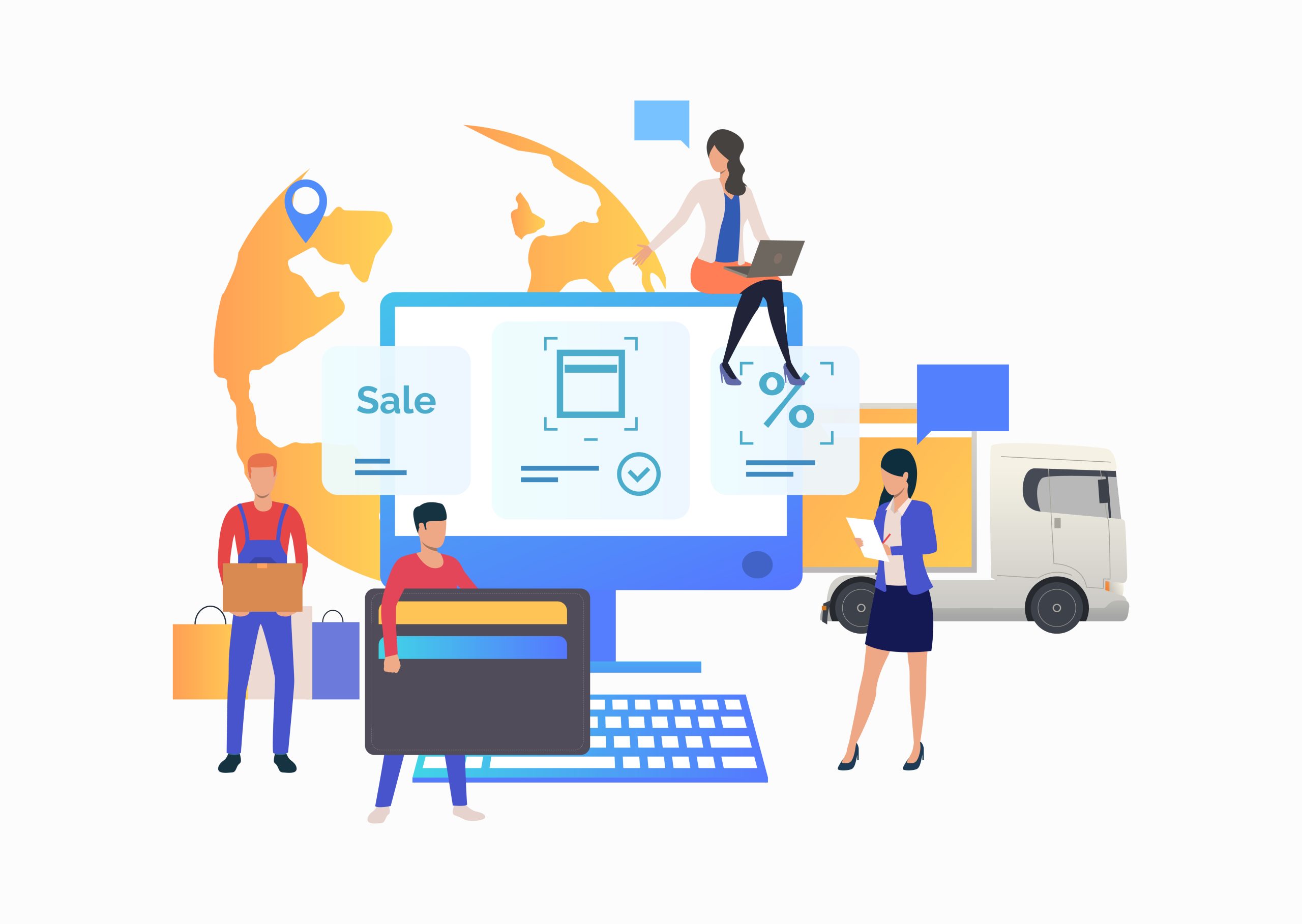In today’s competitive retail landscape, technology plays a pivotal role in driving business success. From inventory management systems to customer-facing solutions powered by augmented reality (AR), the demand for innovative software solutions has never been higher. Choosing the right retail software development company is critical for ensuring your business is equipped to thrive in a tech-driven market. This guide will walk you through the essential factors to consider when selecting a partner, with insights into how AR is revolutionizing the retail sector.
Why Choosing the Right Retail Software Partner Matters
A reliable retail software development company can help you design, implement, and maintain software solutions tailored to your unique business needs. Whether you’re looking to enhance operational efficiency, improve customer experience, or adopt cutting-edge technologies like AR in retail, the right partner ensures your investment yields significant returns.
The Role of a Retail Software Development Company
Retail software development companies offer services such as:
- Custom Software Solutions: Tailored systems for inventory management, customer relationship management (CRM), and e-commerce platforms.
- Integration Services: Seamlessly connecting existing systems for better data flow and operational efficiency.
- Emerging Technologies: Implementation of AR, AI, and IoT to keep businesses ahead of the competition.
- Post-Deployment Support: Ensuring software is updated and bug-free for long-term usability.
These services can drive innovation, optimize workflows, and improve customer satisfaction.
Factors to Consider When Choosing a Retail Software Development Partner
Here are the key considerations to ensure you select the right partner:
1. Industry Expertise
Retail is a dynamic and multifaceted industry. A software development company with significant retail experience understands the unique challenges of inventory turnover, seasonal demand, customer engagement, and more.
Tip: Look for a company with a proven track record in projects involving:
- POS (Point-of-Sale) systems
- E-commerce platforms
- AR integrations for immersive shopping experiences
2. Technology Expertise
A strong grasp of emerging technologies is crucial in today’s retail environment. For instance, AR in retail has become a game-changer by providing customers with interactive and immersive shopping experiences.
Examples of AR Use Cases:
- Virtual Try-Ons: Apparel and beauty brands enabling customers to try products virtually.
- Interactive Displays: Enhancing in-store engagement with AR-powered kiosks.
- Product Visualization: Helping customers visualize furniture or appliances in their homes.
Ensure your software partner has expertise in integrating AR technologies into retail ecosystems alongside traditional systems like ERP and CRM.
3. Customization Capability
Every retail business is unique. Off-the-shelf software solutions may not cater to specific needs like regional preferences, niche markets, or specialized workflows. Choose a development partner that offers fully customizable solutions tailored to your business goals.
4. Scalability and Flexibility
Your retail software must scale as your business grows. A good retail software development company will design scalable systems that can handle increased data loads, new features, or expanded user bases without compromising performance.
5. Portfolio and Case Studies
Reviewing a company’s portfolio can give you insights into their technical prowess and industry experience. Look for case studies related to your specific needs, such as:
- Successful AR implementations in retail.
- Launch of multi-platform e-commerce systems.
6. Customer Reviews and References
Client testimonials and references offer valuable perspectives. Ask for referrals from past clients to better understand the company’s working style, project management, and commitment to deadlines.
7. Communication and Collaboration
Effective communication is the foundation of a successful partnership. Choose a company that maintains open channels of communication and involves you in every stage of development, from ideation to deployment.
8. Cost and Value
While cost is a major factor, it shouldn’t outweigh quality and value. Choose a partner who provides transparent pricing and delivers measurable ROI through efficient and innovative software solutions.
The Role of AR in Retail Software Development
As one of the most transformative technologies in retail, AR in retail is reshaping the customer experience. When integrated into retail software, AR can:
1. Enhance Customer Experience
AR allows customers to engage with products in innovative ways. For example:
- Beauty brands like Sephora use AR for virtual makeup try-ons.
- IKEA’s AR app enables customers to place virtual furniture in their homes.
2. Increase Customer Engagement and Retention
Interactive AR features can make your brand memorable, increasing customer retention rates.
3. Bridge the Gap Between Online and Offline Shopping
AR tools provide online shoppers with a tangible sense of the products, reducing uncertainty and increasing purchase confidence.
4. Boost Sales
Studies show that AR-powered shopping experiences lead to higher conversion rates and average order values.
Steps to a Successful Partnership
- Define Your Goals: Clearly outline what you hope to achieve with your software.
- Conduct Thorough Research: Evaluate multiple companies based on their expertise, portfolio, and reviews.
- Start with a Pilot Project: Begin with a small, testable project to assess the company’s capabilities.
- Maintain Open Communication: Establish regular check-ins to ensure alignment.
Conclusion
Choosing the right retail software development company is an investment in the future of your business. By focusing on industry expertise, technology capabilities, and a proven track record, you can ensure a successful partnership.
Moreover, integrating AR in retail into your solutions can significantly elevate your brand, creating memorable experiences for customers and boosting your bottom line. As you navigate the dynamic retail landscape, the right software development partner will be your ally in innovation and growth.
Take your time, ask the right questions, and choose a partner that aligns with your vision for success in the retail industry.

